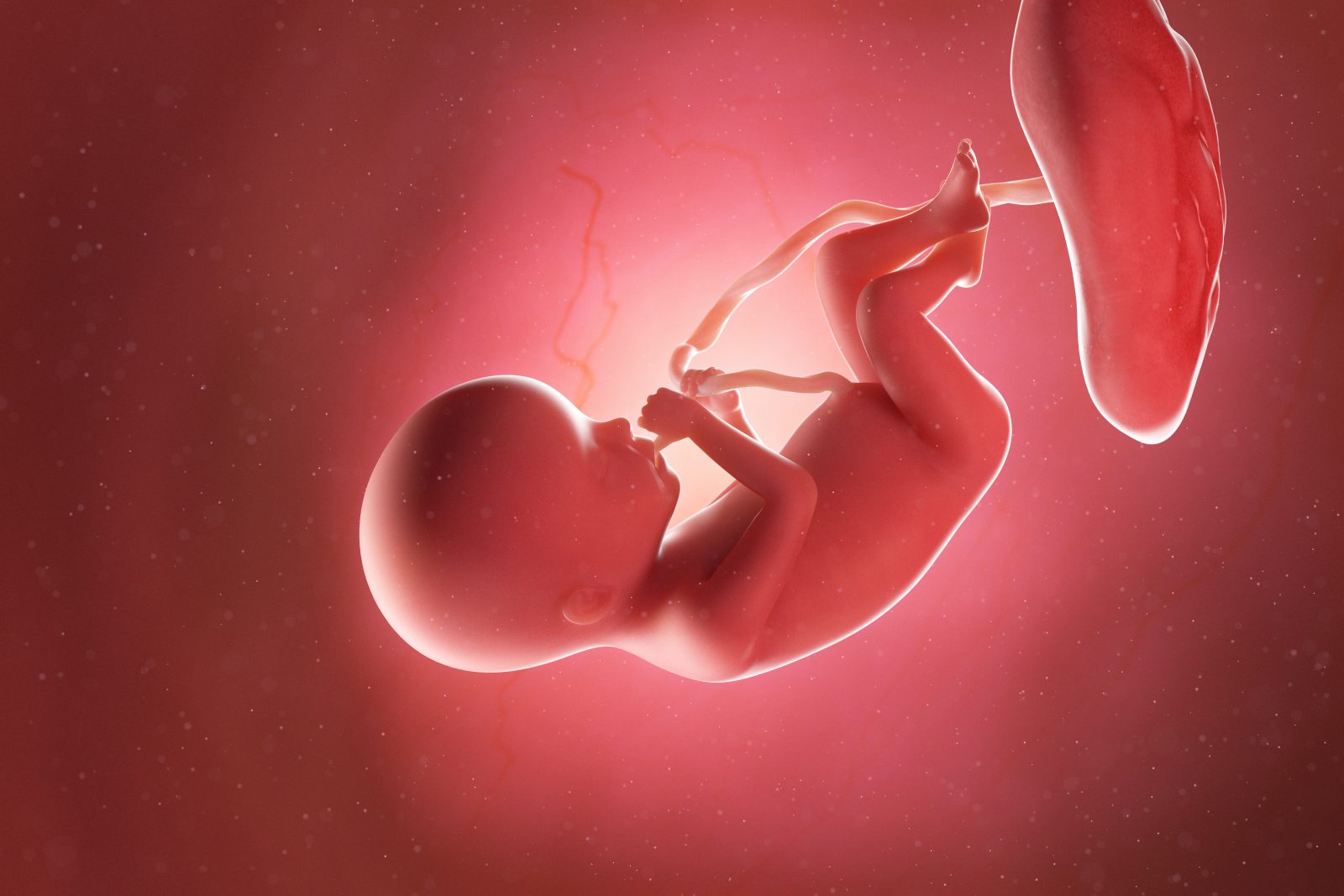


Is Evolution Taught Fairly in Textbooks? A High School Senior Investigates

How Faith Can Improve Rigor and Creativity in Scientific Research

David Galloway: The Fetal Circulatory System is Irreducibly Complex
On today’s ID the Future, distinguished British physician and author David Galloway explains why he’s convinced that the human fetal circulatory system is irreducibly complex and therefore beyond the reach of blind gradualistic evolution to have built. In his conversation with host and fellow physician Geoffrey Simmons, Galloway also mentions some molecular machines that he’s convinced are irreducibly complex and shout intelligent design. The occasion for the conversation is Galloway’s new book, Design Dissected.

Casey Luskin Returns, Teases a New Book, Celebrates ID 3.0
On today’s ID the Future, Rob Crowther continues his conversation with Casey Luskin, the intelligent design proponent who previously worked for Discovery Institute’s Center for Science and Culture and has now returned. As Luskin explains, he left to pursue a PhD in geology at the University of Johannesburg in South Africa. The two discuss the wild conspiracy theories circulated by opponents of intelligent design when Luskin stepped away from Discovery Institute five years ago. Luskin also tells about an upcoming book he’s been working on with William Dembski, another intelligent design proponent who stepped away from day-to-day ID work and is now putting a foot back in the ID waters. Also on tap in today’s conversation, Luskin and Dembski’s upcoming appearance at the 2021 Dallas Conference on Science and Faith, and advances in the ID 3.0 research initiative, including some recent peer-reviewed papers.

No, Scientists Should Not Rule
On this new episode of ID the Future, The Price of Panic co-author and philosopher Jay Richards hosts bioethicist Wesley J. Smith to discuss a Tweet from Physics-Astronomy.org. The Tweet read, “Imagine a world ruled by scientists, not politicians.” The drift of the Tweet was, wouldn’t rule by scientists be wonderful! Smith immediately threw up a great big “Don’t go there” sign at the Epoch Times. As Smith and Richards emphasize, such an approach to governance would be disastrous, and would actually be anti-science. It would tend to corrupt the practice of science, thrust scientific specialists into positions calling for generalist skills, and further the arrogant mistake that is scientism—the view not only that nature is all there is, but also that science is the be all and end all of human wisdom. As Richards and Smith go on to emphasize, political leaders definitely should have the humility to take into account scientific insights; it’s just that they shouldn’t stop there. They also have to factor in insights from economics, law, ethics, and other fields. Richards and Smith use the response to the coronavirus pandemic as a case in point. Smith’s latest book is Culture of Death: The Age of ‘Do Harm’ Medicine.

New Gene Research: A Single-Couple Human Origin is Possible
On this episode of ID the Future, biologist Ann Gauger talks with host Andrew McDiarmid about new research challenging the common claim that the field of population genetics rules out a single-couple human origin. She and Stockholm University statistical mathematician Ola Hössjer have just published a paper in the journal BIO-Complexity modeling the scenario using a newly developed computer algorithm. The results, Gauger says, show that the genetic data does not rule out Adam and Eve.
Read More ›
Nancy Pearcey Answers the Charge: “You Guys Lost”

Dr. Andrew Jones on “Actually Measuring Things Rather Than Telling Stories” in Population Genetics
On this episode of ID the Future, Dr. Andrew Jones tells about his work on population genetics, with host Sarah Chaffee. Using statistical physics methods, by which, as he puts it, “we’re actually measuring things rather than telling stories,” scientists are refuting theories claiming that there could be no original human pair. These methods can show as well that even if evolution were otherwise possible, it would take much longer than the available time could allow.

Mendel vs. Darwin, Pt. 3
On this episode of ID the Future, Dr. Wolf-Ekkehard Lönnig, an expert in plant breeding and formerly affiliated with the Max Planck Institute for Plant Breeding Research in Germany, further explores that clash of views modern evolutionists often paper over — Darwinism vs. Mendel. Lönnig discusses how Darwinian evolutionary biology held back acceptance of the laws of inheritance, discovered by Gregor Mendel, abbot at the Augustinian Abbey of St. Thomas, Brunn.
Read More ›